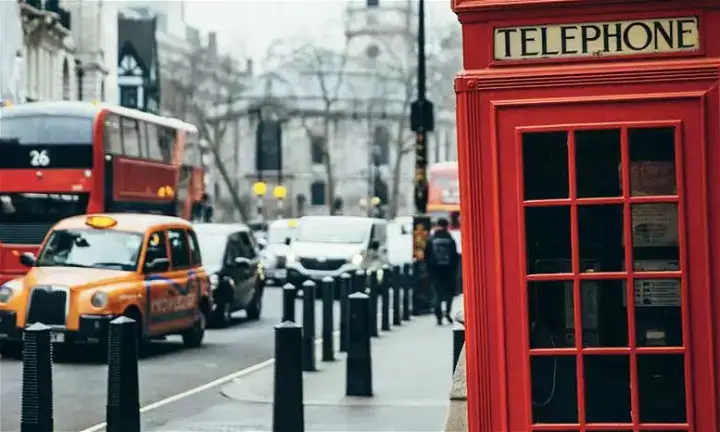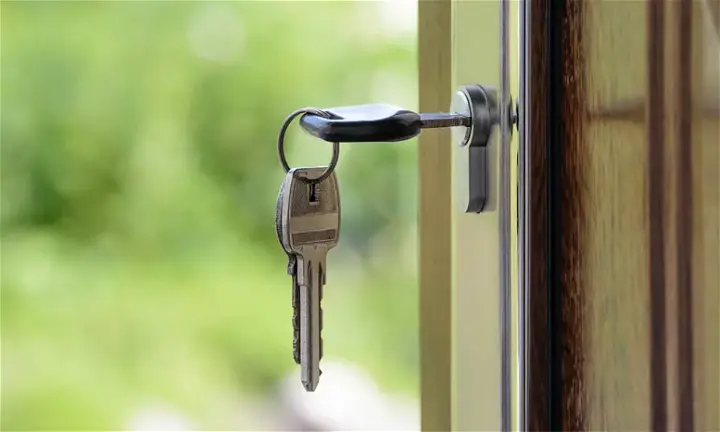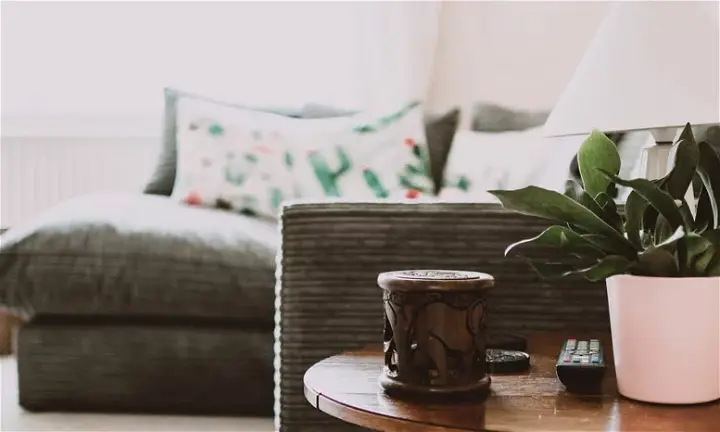What you need to know about the UK Rent-a-Room Scheme
As a landlord or property owner, you may have been interested in the UK government’s ‘Rent-a Room-scheme’. This was part of an effort by the government to optimise the housing stock in the UK – many occupied houses have empty spare rooms, which provide a great source of accommodation. It is particularly useful for students, workers, commuters and people moving temporarily. It also benefits landlords, who can supplement their own income. Here’s everything you should know before taking the plunge.
What the scheme offersThe Rent a Room scheme allows you to earn up to £7,500 in untaxed income per year, or £3,750 for joint letters. This works out at roughly £625 a month. Any income earned from rentals above the threshold of £7,500 will be taxed at the normal rate. If you provide your guests or lodgers with any services for a charge – for example, meals, cleaning services or laundry – this income must be included as rental income.
To be eligible for the scheme, you must be an resident landlord (live in the property with your lodger) or run a B&B or guesthouse. The scheme does not cover homes converted into separate flats but you can let out a whole floor or just a spare room. The accommodation must be furnished.
The property must be part of your main home when you let it, and you are not eligible if you let your UK property while you are living abroad. The property cannot be used for any business or office – this excludes lodgers who work in the home during evenings or weekends or students who are provided with study facilities.
What you should keep in mindYou do not have to own the property to be eligible for the scheme; tenants may, with their landlord’s consent, be eligible for the scheme. If you are a mortgage holder, you should check your terms and conditions before considering renting out your spare room. It is also a good idea to notify the provider, as your lodgers may need to sign a consent form. Most lenders, however, tend to be relaxed about allowing lodgers. In all cases, you require permission from your home insurer. Although the scheme is available for bed and breakfast owners, if you opt for the Rent a Room relief you can no longer deduct expenses from your rental income. For some owners and renters, this means that the Rent a Room option is not always the best option.
How to claimIf your income is below £7,500 and you don’t normally fill out a tax return, the exemption is automatic. If your rental income is above the threshold, you need to inform the tax office.
If you choose to opt into or out of the Rent-a-Room scheme, you will need to inform HMRC before the time limit (31 January following the end of the tax year). You can do this by writing to HMRC or completing the property section of your tax return. If your rental income drops below the limit, your tax will automatically be adjusted. You can consult the government’s online helpsheet for filling out your tax forms.
If your gross receipts are above the threshold, you can choose which method you wish to use to work out your tax. You can choose to pay to tax on your actual profit – this is the default method that HMRC will use unless you notify them otherwise. This will be calculated on your total receipts with any expenses and capital allowances deducted. For this reason, it may make more sense to pay tax normally; the Money Advice Service offers an example of a situation in which it would be better to opt out.
If you’re thinking of renting out your spare room, check out more of our articles for landlords. You should always consult any laws which may apply to your region and do your own research before deciding to rent.
Author: Roomlala



